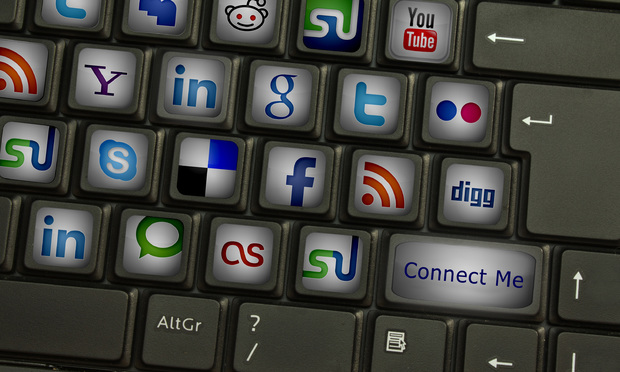Do words on Twitter and Facebook communicate the same meanings as words in more traditional contexts? Or do words take on a new character when they are part of a more ephemeral medium, one that straddles speech and the written word, private speech and public speech, and, in the case of rap lyrics, art and everyday discourse?
The U.S. Supreme Court is accustomed to hearing arguments over what words mean—hence the terms "originalist" and "textualist" and the quarrels over congressional intent. Next month, the court will hear oral arguments in a case that engages words in a uniquely modern context: one involving rap music and social media.
This content has been archived. It is available through our partners, LexisNexis® and Bloomberg Law.
To view this content, please continue to their sites.
Not a Lexis Subscriber?
Subscribe Now
Not a Bloomberg Law Subscriber?
Subscribe Now
LexisNexis® and Bloomberg Law are third party online distributors of the broad collection of current and archived versions of ALM's legal news publications. LexisNexis® and Bloomberg Law customers are able to access and use ALM's content, including content from the National Law Journal, The American Lawyer, Legaltech News, The New York Law Journal, and Corporate Counsel, as well as other sources of legal information.
For questions call 1-877-256-2472 or contact us at [email protected]



